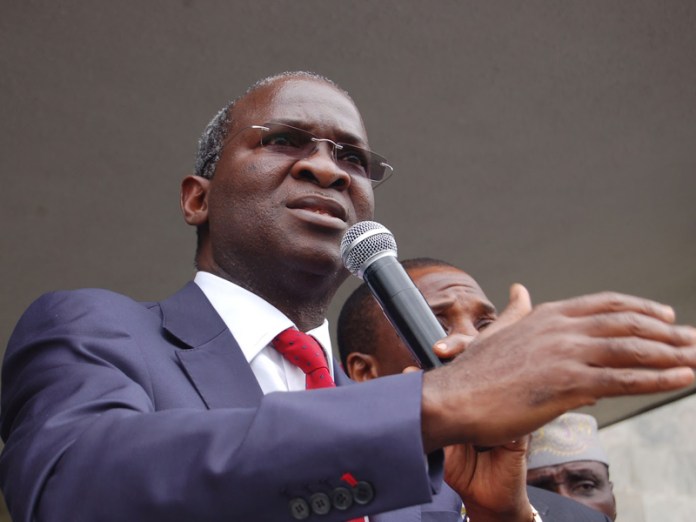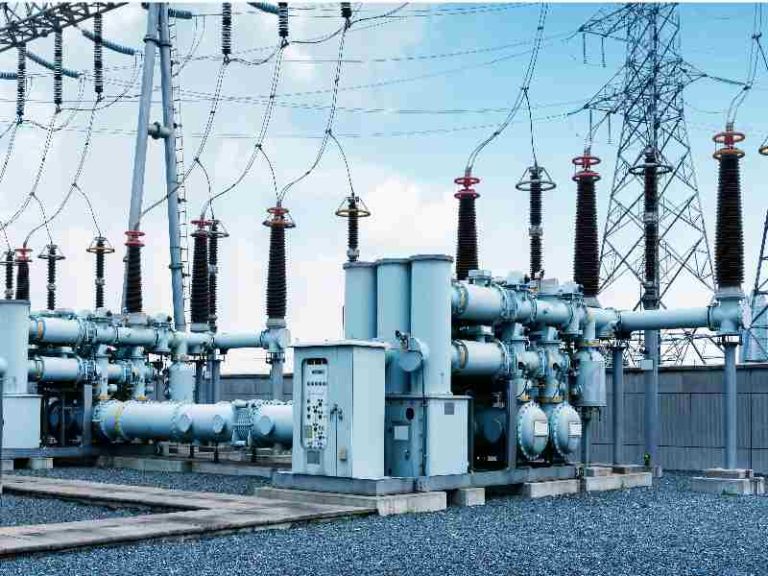The latest report on the monthly remittances of monies collected by electricity distribution companies (Discos) has shown that the remittances of the companies have dropped to an all-time low of a paltry 8.33 per cent.
The remittance performance report which was published by the Nigerian Bulk Electricity Trading Plc (NBET), also showed that five Discos comprising Ikeja, Kano, Kaduna, Yola and Jos, did not remit any money to the NBET in December 2017 for disbursement to the various players in the market.
The NBET in report also indicated it received late payment after the due date for December 2017 remittance cycle from Abuja Discos which remitted N1 billion, Benin Discos – N1.18 billion, Enugu Disco – N500 million, and Port Harcourt Disco – N698 million. These it explained in the report would be paid to the market players in the January 2018 payment cycle which the report did not state if it had done.
Prior to now, the Discos had from the past records of the NBET done an average of 25 per cent remittance to the market.
However, the NBET’s December report indicated that this had changed, it also noted that none of the market’s international customers paid for the electricity supplied to them within the period, signifying that the likes of the Communauté Électrique du Bénin (CEB), and Société Nigerienne d’Electricité (NIGELEC), both of the Benin and Niger Republics did not remit their monthly supply bills to Nigeria’s power market.
NBET stated that for the period, only Eko and Ibadan, remitted parts of the funds they collected from the market to it for onward disbursements to market players. Both Discos it noted did 40 and 12 per cents of their invoices respectively.
According to it, it got just N4.47 billion from Discos invoices in December which came up to N50.21 billion, and then same to the power generation companies (Gencos) which sent in invoices worth N54.24 billion for the power the Discos took from the system.
The NBET also noted that the total financial shortfalls within the period was N49.766, with N45.740 billion ascribed to the Discos, while international customers owed the sector N3.412 billion in December.
It also added that on the average, 23 Gencos were paid 8.25 per cent of their invoices from the market, thus suggesting that it may have drawn from the N701 billion market support facility the Central Bank of Nigeria (CBN) loaned to it to support the Gencos operation, to pay them up to 80 per cent of their invoices.
An industry source who spoke to THISDAY on the implications of this explained that it was a shameful and an uncomfortable development.
The source spoke on the condition of anonymity, stating that the federal government had been sustaining the power sector with the various financial packages it had introduced.
“As it is, the various forms of subsidies introduced by government is sustaining the market. Short of the N701 billion financial facility, the sector cannot be said to be viable. It is also not attractive to both local and international investors due to week governance structures, weak regulatory regime because of political interferences in the day-to-day running of the regulator.
“Privatisation is not completely a bad idea but the key players are playing out a bad script undermining national interest and well-being. I hope the government will recognise this,” said the source.






